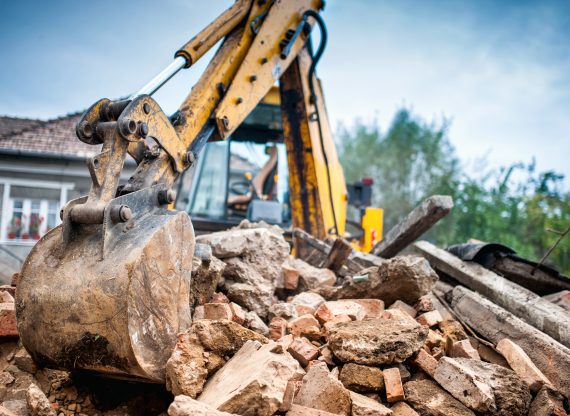Expropriation Must Remain the Exception

Expropriation should never be easy.
Quebec, though, is trying to streamline this procedure and reduce its costs for municipalities or for its own government agencies by tabling a bill to amend the Expropriation Act. At the heart of this legislative change is the modification of the formula for calculating the compensation paid to owners of expropriated land, to the benefit of governments and to the detriment of citizens affected by these procedures.
Yet the high cost of expropriation is a feature, not a bug. Expropriation is a tool available to government to dispossess citizens of their goods. It’s normal, in this context, for the sum paid in return by the government to have a deterrent effect, and to be more equitable for citizens affected by this exceptional procedure.
Currently, the compensation to be paid by a governmental entity seeking to separate citizens from their property takes into account both the current value of the land in question and the value of its potential uses. This system reduces the difference between the expropriation compensation and the most financially profitable other option, which economists refer to as the opportunity cost.
Reducing the cost of expropriation for the governmental entity would increase the opportunity cost, at the risk of degrading the climate of investment. After all, for an entrepreneur, it’s less attractive to spend years developing a project if there is a risk of being dispossessed of one’s land or business in return for less compensation than that provided under the current law.
The Quebec government should therefore remain prudent and ditch this unjustified modification.

